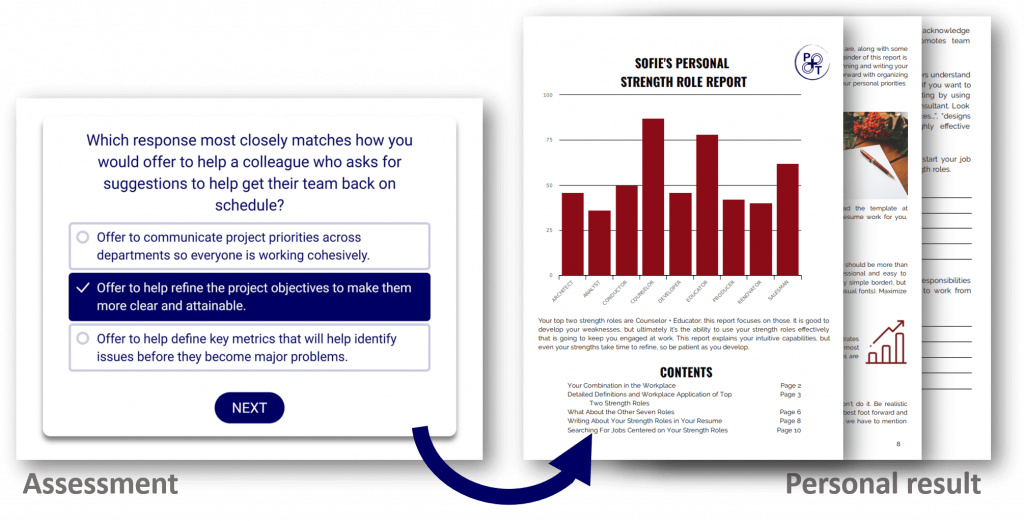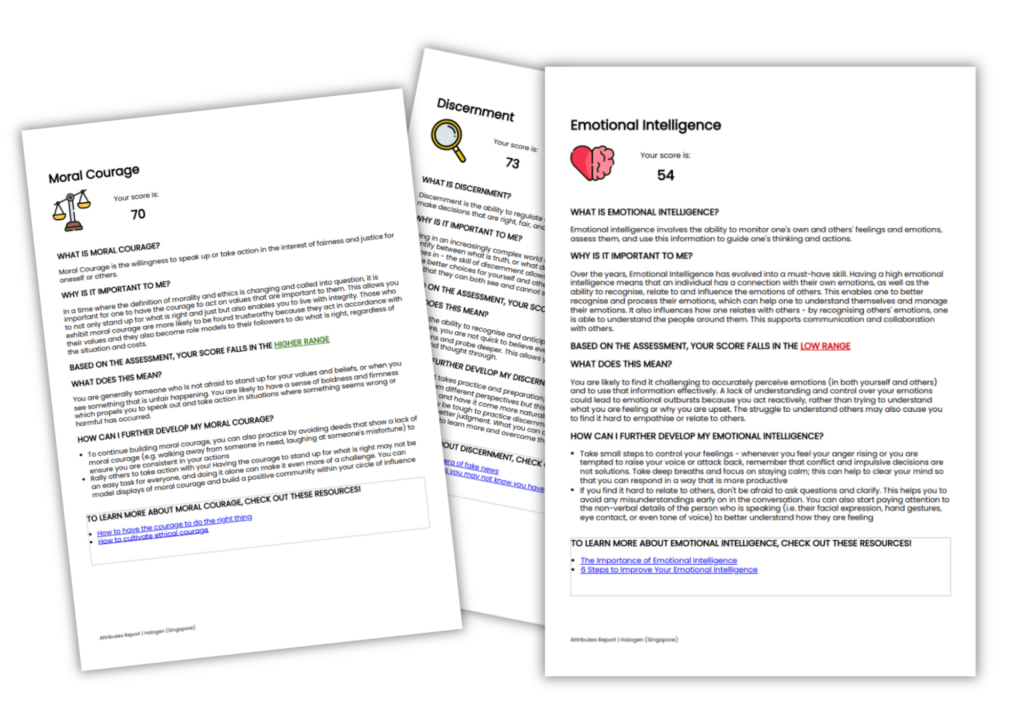The use of AI in assessments is not new.
For years, personality questionnaires have been scored and interpreted by expert-developed algorithms. However, this is just the start.
In 2019, finding your top talent will depend on your HR expert’s ability to intelligently automate their workflow.
What are artificial intelligence, machine learning, and deep learning?
Artificial intelligence, or AI, is a very broad concept and a core area of computer science, referring to the ability of a computer system to carry out tasks that normally require human intelligence.
AI can be applied to many fields such as learning, planning, problem-solving, speech recognition, and object detection and tracking. Machine Learning (ML) and Deep Learning (DL) are subsets of artificial intelligence.
An example of the success of AI includes the ability of computer programs such as AlphaGo, developed by Google’s DeepMind, to beat even the best human players in a game of Go. For HR departments, AI has been useful in performing algorithm-based assessments, including psychometric assessments, of employees or candidates.
What is machine learning?
Computer systems based on machine learning (ML) can “learn” to perform tasks without explicit instructions. To do so, these systems use ML algorithms and statistical models to identify, analyze, and understand patterns in data. Machine learning tools are widely used to automatically perform many tasks that are traditionally done by humans.
The advantage of ML for many tasks is obvious━machines do not get tired and aren’t bothered doing the same repetitive tasks numerous times. Additionally, they help reducing workloads significantly by automating many procedures in work chains.
What is deep learning?
Deep learning is a sub-field of machine learning that attempts to mimic the functioning of the human brain by forming lots of connections between data segments and building a neural network from all those connections. A relatively new development, deep learning is more complex and advanced than traditional machine learning, which involves training a computer system to perform the desired task. Deep learning goes beyond task-specific algorithms to identify patterns in data.
Deep learning tasks are highly intensive and require a lot of computing power. To run deep learning projects, you can use deep learning platforms, such as MissingLink, which offer features such as automating experiments and tracking them across multiple machines.
Why businesses should use AI for assessing candidates and employees
Companies spend a lot of time and money every year on hiring campaigns and assessing their employees’ performance and motivation. Using advanced technological tools such as robotic process automation (RPA) in this process is essential to gain an edge over competitors and acquire the right talent first.
Many companies usually hire a large number of candidates each year, making it extremely difficult for recruiters to assess each candidate’s experiences and skills. AI-driven talent assessments help to understand the prospects much better without spending long hours evaluating resumes manually.
HR managers and recruiters have to decide which candidate is most likely to perform well and add significant value to the organization. With the adoption of AI in pre-hiring talent assessments, recruiters are better equipped to predict the outcome from hiring an employee and improve the quality of the candidates who are eventually hired.
Some of the most advanced AI assessment platforms today are capable of narrowing down the selection of candidates received by an organization to the top five percent. Furthermore, these AI-based platforms can analyze interviews on the basis of facial expressions, words used, tone and inflection of voice, and micro gestures to assess a candidate.
Such AI-powered talent acquisition solutions can also eliminate bias from the recruiting process. AI does not have an ego that needs to be managed and can deliver much better results from any conventional, non-technology driven recruitment process.

Example of an AI-powered assessment
Examples of AI assessment tools
Artificial intelligence tools are already used by many organizations to improve the process of assessing candidates and employees. Faster decisions, reduced bias and enhanced assessments are some of the ways that AI can improve the performance of HR tasks to find the ideal candidate. Here are a few examples of how AI is used in the assessment process:
1. Intelligent screening
Intelligent screening software automates resume screening by using AI on your existing resume database. The software learns how candidates who were hired moved on to become successful employees based on their performance.
Specifically, it learns what existing employees experience, skills, and other qualities are and applies this knowledge to new applicants in order to automatically grade and shortlist the strongest candidates. The software can also enrich candidates’ resumes by using public data sources about their prior employers as well as their public social media profiles.
2. Recruiter chatbots
Recruiter chatbots provide real-time interaction to candidates by asking questions based on the job requirements and providing feedback, updates, and next-step suggestions. AI-powered chatbots can engage with candidates at regular intervals through verbal dialogue, and contribute to the improvement of the candidate experience of the recruiting process.
The HR chatbot system uses the replies or answers to questions in the dialogue to identify changes in a candidate’s situation. They’ll be able to alert hiring managers and recruiters if a candidate may have lost interest in the position━this will inform their decision to either pass on the candidate or attempt to restore their interest.
3. Video interviewing
Video interviewing typically involves candidates recording themselves responding to competency-based interview questions. A major advantage of such recordings is that candidates no longer need to travel for interviews. This saves time in terms of the interview itself, but it doesn’t reduce the considerable amount of time required for analyzing the responses.
By using AI, the audio can be converted to text without the need for transcript editing and analyzed for clarity of speech and language proficiency. AI algorithms can also analyze the candidate’s facial expressions and body language, alongside both what they say and how they say it. The analysis can reveal a lot about the candidate’s talent and can indicate how they might perform on the job.
Wrap up
In this article, we’ve seen that AI has the potential to significantly improve any company recruitment process by giving accurate and valid data information to identify the talent we need out of the pile of resumes. We’ve touched on the difference between traditional machine learning and its younger incarnation known as deep learning, which has higher analytical and pattern recognition capabilities but is more complex and expensive to run.
AI can help HR departments process work applications and employee evaluations more efficiently and accurately, saving time and improving the outcome of assessments. Examples of AI applications in an assessment environment include intelligent screening of resumes, chatbots to interview employees or candidates and video analysis. With ongoing advancements in AI capabilities expected to continue, these trends will only strengthen in 2019 and beyond.







One Response
I am very interested in using AI/ML in assessments for proficiency assessments using quick and easy 2 or 4 scale cards that take under 250 ms to answer so we are measuring true subconscious assessments.
I already have it modeled in physical assessment but feel the use if AI/ML and putting into a smartphone app will be more scalable to reach 52 million assessments a year.
The article mentions AI could be used but do you know of any examples where survey assessments are using it?
Best regards,
Phillip